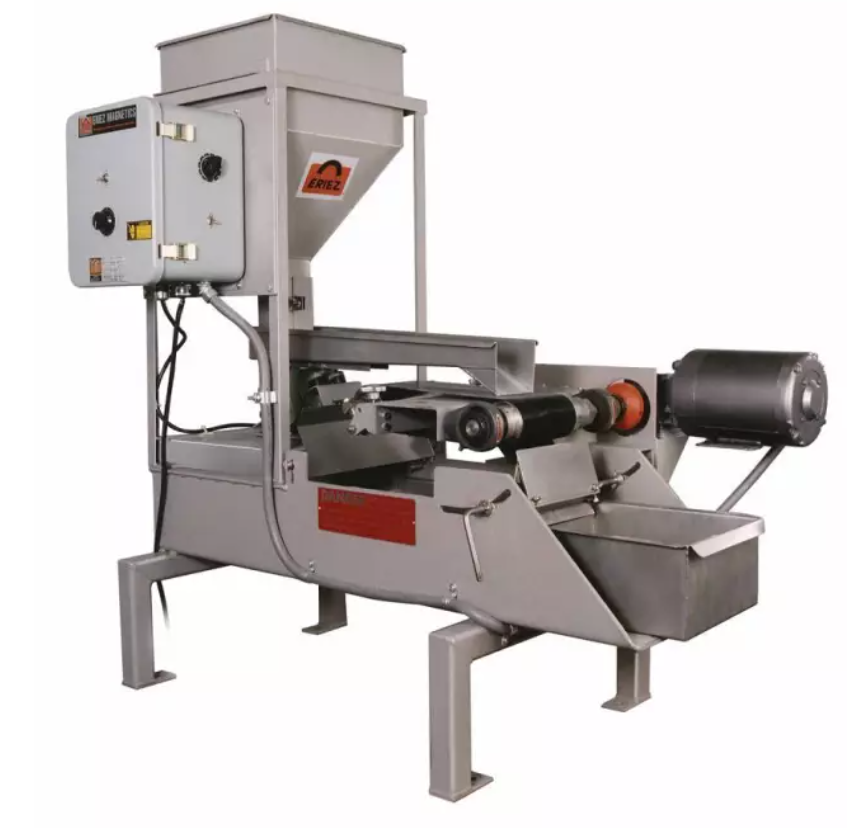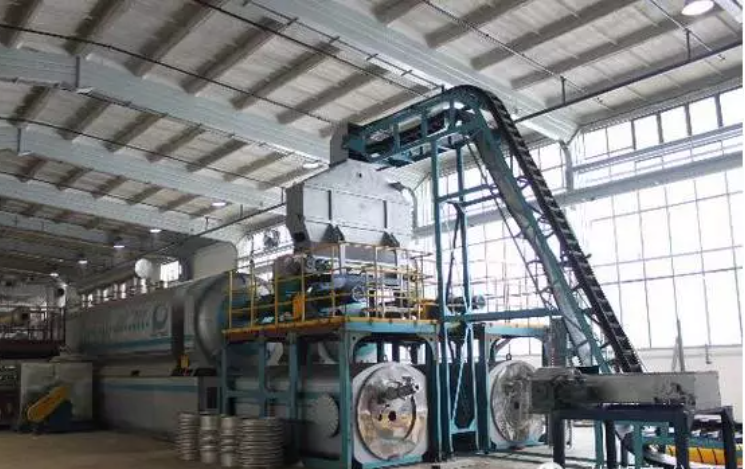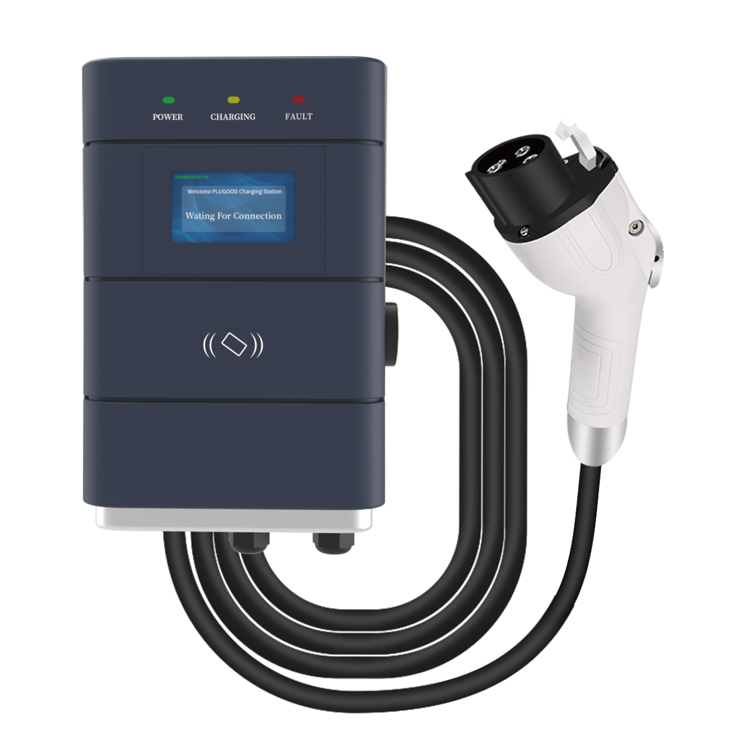10 Difficulties of Plastic Recycling
1
Identification Technology for Plastics

There are many types of Plastics, and there is no practical identification technology that can be operated on the spot, and the judgment is based on experience; identification is the most basic technology, and it is very experienced. There is no one that is difficult to master in 3 years or 5 years.
Combustion identification is the most common, but it requires experience. In addition to experience, there are actually mature and simple experimental methods that can identify more than 100 kinds of plastics in more than 10 different categories. Without this handyman, it is easy to purchase waste. If you look away, the products everyone is familiar with are either high in price or out of stock.
2
Cleaning Technology
Non-polluting Plastic Cleaning and cleaning technology (plastic surface coating, self-adhesive paper, paper, metal, wood and other impurities, removal of recycled plastic odor, application areas that require high cleaning effects: such as PET bottle flakes). Many solvent-based cleaning technologies are simply poisoning humans. Be careful and call on peers not to use them, including those recommended on the website recently. Recently, I have seen many places recommending certain cleaners specifically for the field of waste plastic recycling. Here to talk about the major hazards of solvent-based cleaners.
The first major hazard: poisoning the staff in specific operations, sterilization \ cancer \ leukemia, many malignant diseases are related to many organic solvents;
The second major hazard: pollution of water sources;
The third major hazard: fire and explosion accidents are prone to occur;
The fourth major hazard: in the absence of any changes in appearance, in fact, many solvents have a great impact on the performance of plastics, especially engineering plastics, but they cannot be observed with the naked eye without testing equipment;
Fifth major hazard: be more careful if heating is required. The solvent is very volatile, and heating is easy to fail. It is said that it can be used repeatedly, and it is difficult to say what will happen if it is used once or twice.
3
Separation technology
Plastic Sorting Machine
1. Separation of various impurities in plastics: air separation for density separation, and other mature separation equipment for various water media, such as electrostatic separation and magnetic separation;
2. Separation technology of mixed plastics with the same density (PET/PVC, ABS/HIPS, PP/PE, various electrical mixed plastics) (the world's leading plastic flotation technology, the core technology of the Guangzhou Steel MBA factory);
3. Separation technology of different color particles of the same plastic.
This is the core technology of the plastic recycling industry, with great difficulty and high added value.
4
Recycling of special Plastic products
Recycling technology for composite membranes, recycling of composite plastics; on many websites, there are many news about the sale of composite membranes for German sausages, which cost only 100 euros a ton, because the composite membranes are very difficult to recycle. However, the packaging of Chinese ham sausage is mostly something called PVDC. I don't know the difference between German and domestic ham. There are two recycling methods for composite plastics, one is separation and the other is modification, both of which can greatly increase the added value; but the technical difficulty is very large. Reply to "PVDC" to see more
5
Unable to form a closed-loop pollution problem
1. Sewage treatment in the cleaning process;
2. Gas pollution and odor removal during the granulation process;
3. Disposal of garbage that cannot be recycled.
6
Value evaluation and application direction judgment
1. The vast majority of companies lack basic inspection and testing equipment, and the industry lacks a recognized pricing basis based on the characteristics of resources;
2. The classification and classification of recyclable plastic resources and recycled materials lack operational standards;
3. The application of recycled materials lacks systematic research.
7
Stable performance and modification technology
This is also a key technical link that can improve the technical content of the plastic recycling industry, but most of the current plastic recycling companies do not have the technology and concepts in this area. In the increasingly competitive real-world environment, the performance of recycled materials and the modification technology are very obvious. important.
8
Chemical recovery method
Plastic Oil Refining Equipment

Plastic Oil Refining, which was very hot in the past, is still very immature due to various reasons. Due to the large investment in equipment, its development has been slow in recent years.
9
Recyclable thinking in design
The implementation of the recyclable thinking in the design of plastic products is a key issue for the sustainable development of the plastics industry, and it is to solve the problem at the source, but it is rarely promoted.
10
Others
There are three key technologies in these problems:
1. Plastic Sorting and Separation Technology;
2. Non-polluting clean \ cleaning technology;
3. Value evaluation and application direction are also one of the key issues.
 English
English  Esperanto
Esperanto  Afrikaans
Afrikaans  Català
Català  שפה עברית
שפה עברית  Cymraeg
Cymraeg  Galego
Galego  Latviešu
Latviešu  icelandic
icelandic  ייִדיש
ייִדיש  беларускі
беларускі  Hrvatski
Hrvatski  Kreyòl ayisyen
Kreyòl ayisyen  Shqiptar
Shqiptar  Malti
Malti  lugha ya Kiswahili
lugha ya Kiswahili  አማርኛ
አማርኛ  አማርኛ
አማርኛ  Bosanski
Bosanski  Frysk
Frysk  ភាសាខ្មែរ
ភាសាខ្មែរ  ქართული
ქართული  ગુજરાતી
ગુજરાતી  Hausa
Hausa  Кыргыз тили
Кыргыз тили  ಕನ್ನಡ
ಕನ್ನಡ  Corsa
Corsa  Kurdî
Kurdî  മലയാളം
മലയാളം  Maori
Maori  Монгол хэл
Монгол хэл  Hmong
Hmong  IsiXhosa
IsiXhosa  Zulu
Zulu  Lëtzebuergesch
Lëtzebuergesch  Malagasy
Malagasy  Punjabi
Punjabi  پښتو
پښتو  Chichewa
Chichewa  Samoa
Samoa  Sesotho
Sesotho  සිංහල
සිංහල  Gàidhlig
Gàidhlig  Cebuano
Cebuano  Somali
Somali  Тоҷикӣ
Тоҷикӣ  O'zbek
O'zbek  Hawaiian
Hawaiian  سنڌي
سنڌي  Shinra
Shinra  Shinra
Shinra  Հայերեն
Հայերեն  Igbo
Igbo  Sundanese
Sundanese  Yoruba
Yoruba  Español
Español  Português
Português  русский
русский  Français
Français  日本語
日本語  Deutsch
Deutsch  tiếng Việt
tiếng Việt  Italiano
Italiano  Nederlands
Nederlands  ภาษาไทย
ภาษาไทย  Polski
Polski  한국어
한국어  Svenska
Svenska  magyar
magyar  Malay
Malay  বাংলা ভাষার
বাংলা ভাষার  Dansk
Dansk  Suomi
Suomi  हिन्दी
हिन्दी  Pilipino
Pilipino  Türkçe
Türkçe  Gaeilge
Gaeilge  العربية
العربية  Indonesia
Indonesia  Norsk
Norsk  تمل
تمل  český
český  ελληνικά
ελληνικά  ελληνικά
ελληνικά  український
український  Javanese
Javanese  فارسی
فارسی  தமிழ்
தமிழ்  తెలుగు
తెలుగు  नेपाली
नेपाली  Burmese
Burmese  български
български  ລາວ
ລາວ  Latine
Latine  Қазақша
Қазақша  Euskal
Euskal  Az?rbaycan
Az?rbaycan  Slovensky jazyk
Slovensky jazyk  Македонски
Македонски  Lietuvos
Lietuvos  Eesti Keel
Eesti Keel  Română
Română  Slovenski
Slovenski  मराठी
मराठी  Srpski језик
Srpski језик 












